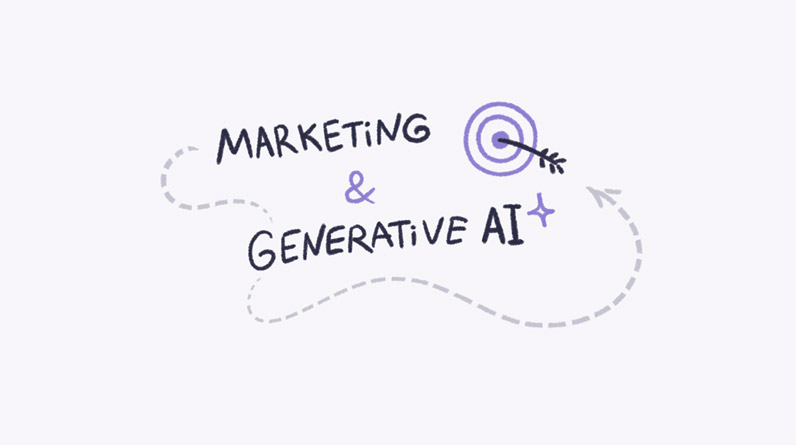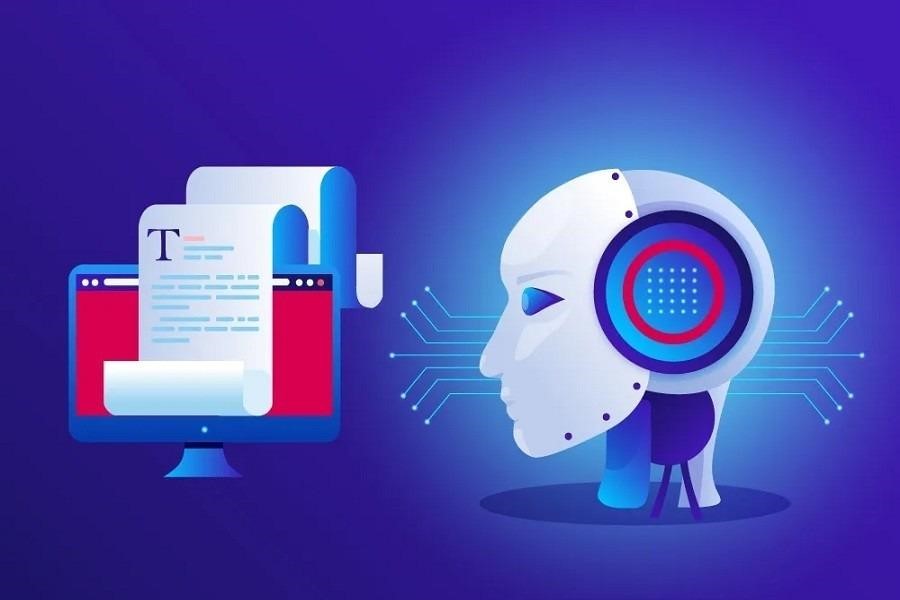Artificial Intelligence (AI) has become a cornerstone of modern business transformation, particularly in marketing and sales. From crafting personalized campaigns to automating complex pricing strategies, AI is redefining how companies connect with customers and drive revenue. With Generative AI and intelligent agents leading the charge, businesses can now achieve unprecedented efficiency, accuracy, and creativity across their marketing and sales operations.
The Rise of Generative AI in Marketing
In today’s fast-paced digital landscape, brands are constantly seeking innovative ways to stand out. Generative AI offers a new paradigm — one where AI not only automates but also creates. Unlike traditional automation tools, Generative AI models can produce text, visuals, and even strategic content ideas that align with brand identity and audience intent.
By leveraging Generative AI for marketing, businesses can transform the way they design, execute, and optimize campaigns. These AI systems analyze massive datasets, interpret customer behavior, and generate insights that guide more effective messaging.
How Generative AI Enhances Campaign Effectiveness
Generative AI empowers marketers in several key ways:
- Content Personalization at Scale: Instead of manually segmenting audiences, AI dynamically adjusts marketing messages based on user intent, demographics, and preferences.
- Faster Content Creation: From ad copy to email templates and social posts, AI-generated content saves hours of manual effort while maintaining brand consistency.
- Data-Driven Insights: AI models continuously learn from campaign performance data to refine future strategies, ensuring better targeting and ROI.
- Improved Creative Exploration: AI tools can brainstorm new concepts, taglines, and visuals that resonate with different customer segments, allowing marketers to innovate faster.
Real-World Applications of Generative AI in Marketing
Leading enterprises use Generative AI to power product descriptions, personalize eCommerce recommendations, and automate customer engagement. For instance, global retailers employ AI-driven tools to create thousands of product ads optimized for different regions and demographics, boosting conversion rates without additional human effort.
Moreover, marketers can integrate these AI capabilities with CRM systems, ensuring consistent and relevant communication across every customer touchpoint.
AI-Powered Transformation in Sales
While marketing focuses on awareness and engagement, sales teams benefit from AI in equally powerful ways. Predictive analytics, intelligent deal scoring, and automated quote generation are transforming traditional sales workflows.
Sales teams that embrace AI can forecast demand more accurately, optimize pricing, and streamline customer interactions — all while freeing their teams from repetitive administrative tasks.
Quote Generation and Pricing Automation
One of the most impactful applications of AI in sales is quote and pricing automation. Manual quote generation can be time-consuming and prone to human error, especially in industries with complex pricing structures. AI-driven systems simplify this by using machine learning models to analyze historical data, pricing trends, and customer segments to suggest optimal quotes in real time.
Businesses leveraging the Quote Generation Agent can automate the process of creating accurate, compliant, and personalized quotes within seconds. This not only improves sales velocity but also enhances customer satisfaction by delivering faster and more precise proposals.
How AI Enhances Sales Efficiency
AI in sales doesn’t just automate — it intelligently optimizes. Here’s how:
- Automated Deal Qualification: AI can analyze incoming leads and automatically score them based on conversion likelihood, helping sales teams prioritize high-value prospects.
- Dynamic Pricing: Machine learning algorithms evaluate market trends and competitive data to recommend ideal pricing strategies.
- Improved Forecasting: AI predicts future sales patterns based on historical performance, enabling better planning and inventory management.
- Personalized Customer Engagement: AI systems tailor communication based on the buyer’s behavior and purchase history, improving conversion rates.
Integrating AI Agents into Sales Workflows
Integrating AI agents like ZBrain’s Quote Generation Agent allows organizations to streamline end-to-end sales workflows. These agents can interact with CRM tools, ERP systems, and internal databases to automatically pull customer details, validate pricing rules, and generate error-free quotes instantly.
By removing manual bottlenecks, sales teams can focus on relationship-building and strategic selling rather than administrative work.
The Future of AI in Marketing and Sales
The synergy between marketing and sales has always been critical to business growth. With AI bridging the gap, organizations can now create a seamless experience across the entire customer journey — from discovery to conversion.
Key Benefits Businesses Can Expect
- Higher Productivity: Automating repetitive tasks reduces manual workload, allowing teams to focus on creativity and strategy.
- Enhanced Decision-Making: Real-time data insights from AI agents empower better, faster business decisions.
- Consistency and Accuracy: AI ensures every campaign, quote, and interaction is consistent, compliant, and data-backed.
- Scalability: Businesses can easily expand operations without a proportional increase in resources or effort.
As AI continues to evolve, the integration of domain-specific models and intelligent agents will play a vital role in driving hyper-personalized marketing and efficient sales execution. Platforms like ZBrain exemplify how Generative AI orchestration can transform both creative and operational functions, giving enterprises the agility they need to compete in the digital-first economy.
Conclusion
AI is no longer a futuristic concept — it’s a present-day necessity reshaping how marketing and sales teams operate. From Generative AI for marketing campaigns to intelligent quote generation, organizations are achieving greater efficiency, creativity, and customer satisfaction.
As businesses adopt AI-driven tools and agents, those that integrate them effectively will gain a decisive competitive edge — harnessing the power of automation and intelligence to fuel long-term growth.


